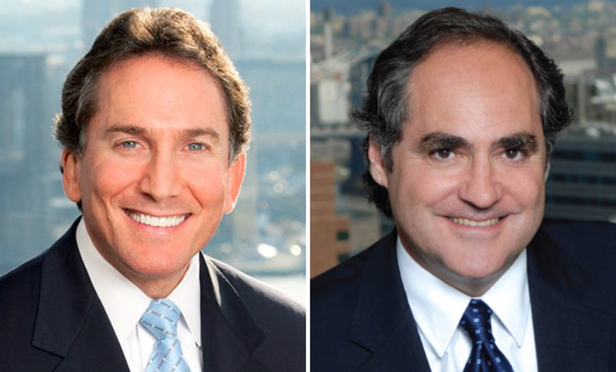In crafting the cross of a witness, the trial lawyer must look beyond the obvious. Instead of just focusing on what was said, the trial lawyer should explore that which was not said, but should have been said. Instead of focusing only on what was done, the lawyer should focus on what was not done but should have been done. It is these omissions and failures that often lead to the most compelling arguments on summation. The problem is that most lawyers are fearful of the unknown. If, for example, the omission or failure was not explored during a deposition and the area remains a mystery, too many lawyers are afraid to inquire.
The old adage “never ask a question to which you do not know the answer” comes into play. While adherence to that adage may, at times, be justified, there are exceptions to every rule. With a goal-oriented strategy that includes both patience and a proper set up, the unexplored area of inquiry may very well lead to a powerful line of cross that serves to challenge the witness, discredit him and create an otherwise unknown, but powerful, argument for summation.
This content has been archived. It is available through our partners, LexisNexis® and Bloomberg Law.
To view this content, please continue to their sites.
Not a Lexis Subscriber?
Subscribe Now
Not a Bloomberg Law Subscriber?
Subscribe Now
LexisNexis® and Bloomberg Law are third party online distributors of the broad collection of current and archived versions of ALM's legal news publications. LexisNexis® and Bloomberg Law customers are able to access and use ALM's content, including content from the National Law Journal, The American Lawyer, Legaltech News, The New York Law Journal, and Corporate Counsel, as well as other sources of legal information.
For questions call 1-877-256-2472 or contact us at [email protected]



